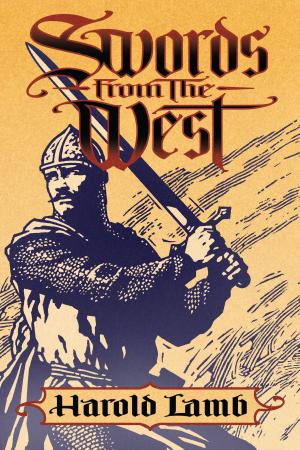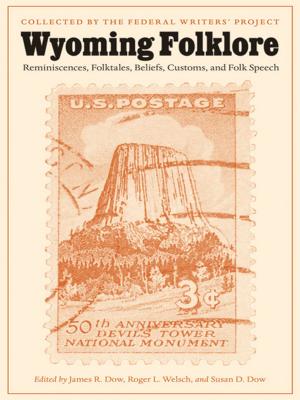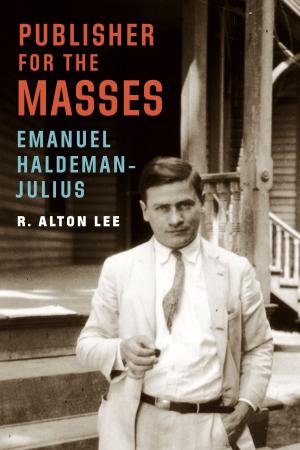Contesting French West Africa
Battles over Schools and the Colonial Order, 1900–1950
Nonfiction, Reference & Language, Education & Teaching, History, Africa, Modern, 20th Century| Author: | Harry Gamble | ISBN: | 9781496202321 |
| Publisher: | UNP - Nebraska | Publication: | September 1, 2017 |
| Imprint: | University of Nebraska Press | Language: | English |
| Author: | Harry Gamble |
| ISBN: | 9781496202321 |
| Publisher: | UNP - Nebraska |
| Publication: | September 1, 2017 |
| Imprint: | University of Nebraska Press |
| Language: | English |
After the turn of the twentieth century, schools played a pivotal role in the construction of French West Africa. But as this dynamic, deeply researched study reveals, the expanding school system also became the site of escalating conflicts. As French authorities worked to develop truncated schools for colonial “subjects,” many African students and young elites framed educational projects of their own. Weaving together a complex narrative and rich variety of voices, Harry Gamble explores the high stakes of colonial education.
With the disruptions of World War II, contests soon took on new configurations. Seeking to forestall postwar challenges to colonial rule, French authorities showed a new willingness to envision broad reforms, in education as in other areas. Exploiting the new context of the Fourth Republic and the extension of citizenship, African politicians demanded an end to separate and inferior schools. Contesting French West Africa critically examines the move toward educational integration that took shape during the immediate postwar period. Growing linkages to the metropolitan school system ultimately had powerful impacts on the course of decolonization and the making of postcolonial Africa.
After the turn of the twentieth century, schools played a pivotal role in the construction of French West Africa. But as this dynamic, deeply researched study reveals, the expanding school system also became the site of escalating conflicts. As French authorities worked to develop truncated schools for colonial “subjects,” many African students and young elites framed educational projects of their own. Weaving together a complex narrative and rich variety of voices, Harry Gamble explores the high stakes of colonial education.
With the disruptions of World War II, contests soon took on new configurations. Seeking to forestall postwar challenges to colonial rule, French authorities showed a new willingness to envision broad reforms, in education as in other areas. Exploiting the new context of the Fourth Republic and the extension of citizenship, African politicians demanded an end to separate and inferior schools. Contesting French West Africa critically examines the move toward educational integration that took shape during the immediate postwar period. Growing linkages to the metropolitan school system ultimately had powerful impacts on the course of decolonization and the making of postcolonial Africa.















